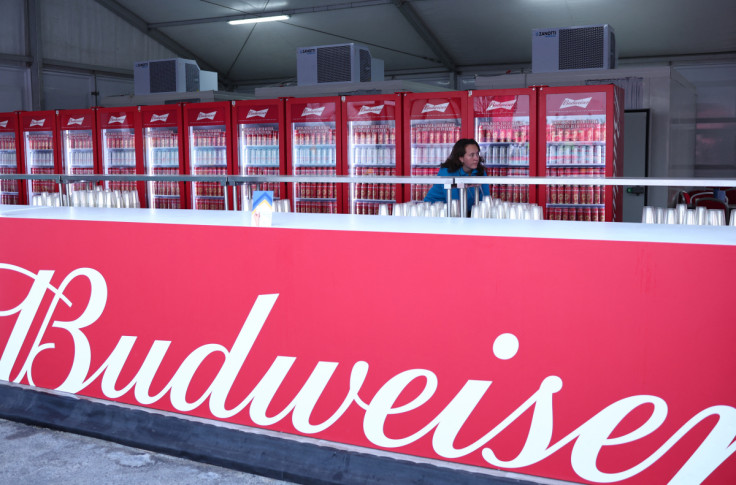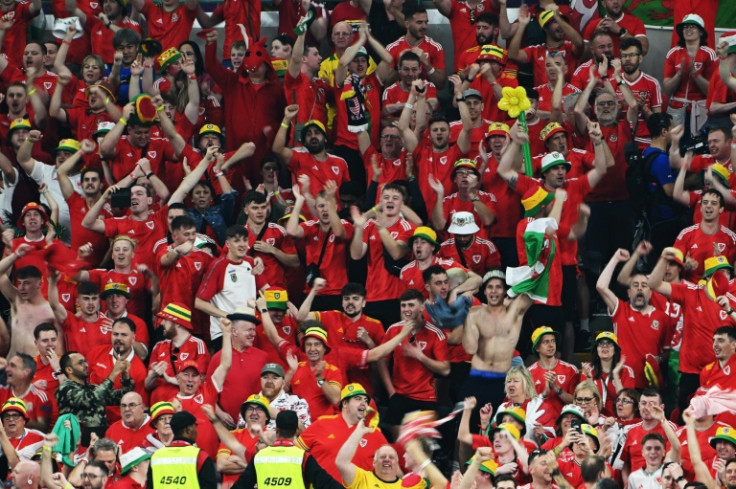World Cup 2022: Fans' Quest For Alcohol Goes Through Qatar's Lone Liquor Store

KEY POINTS
- Acquiring alcohol through Qatar's lone liquor store is kept under heavy surveillance and security
- Seattle man Ed Ball has become a cult hero among fans in Qatar for his "alcohol map"
- Qatar's strict laws on beer have forced fans to get creative
The 2022 World Cup is just waiting for the last two teams to qualify for the quarterfinals between Spain vs. Morocco and Portugal vs. Switzerland, but the fans' attention is currently held hostage by the allure, or lack thereof, of alcohol being easy to find.
In a report by AP News, fans are making their way to a liquor store that is located inside a gated compound surrounded by razor wire with guards always on duty who check out passports and permits.
The prices of wine run from $12.5 up to $45 and a liter of a branded vodka costs $42, while a 24-pack of Budweiser-branded beer cans will set shoppers back $52.
Seattle-based aerospace salesman Ed Ball has become an unsung hero of sorts for foreigners in Qatar after creating an online map that pinpoints exact locations of where fans can get their fill of alcohol.
"For me, drinking is just like eating. It just goes along with the culture. I know it's not part of Qatar... but it's also part of the World Cup. One of the biggest sponsors is Budweiser so it just goes to show you it kind of goes hand in hand," Ball said as quoted by AP News.
It is important to note that host-nation Qatar is not entirely banning alcohol from being sold nor being completely banned.
The problem for the majority of World Cup viewers is that the West Asian/Middle Eastern country has extremely strict laws–including alcohol being banned from advertising.
Drinking during games is a time-honored tradition among sports fans and not having beer inside the stadium or being easily attainable during the World Cup has been a problem for most fans.
Last week, fans made public that their desire for alcohol, along with the lack of affordable accommodations, made them decide to stay outside of Qatar and instead put up with the laborious commute by air to travel from neighboring countries to the venues in order to have their thirst for alcohol easily quenched.
Despite the restrictions, Qatar reportedly sold 23.2 million liters of alcoholic beverages in 2021 while the United Arab Emirates distributed 115 million liters as per data acquired by AP News from Euromonitor International.
The 2022 World Cup will continue to roll along all the way to the global soccer tournament's final match on December 18 as well as fans' quest for human history's oldest and most widely consumed type of alcoholic drink in Qatar.

© Copyright IBTimes 2024. All rights reserved.












